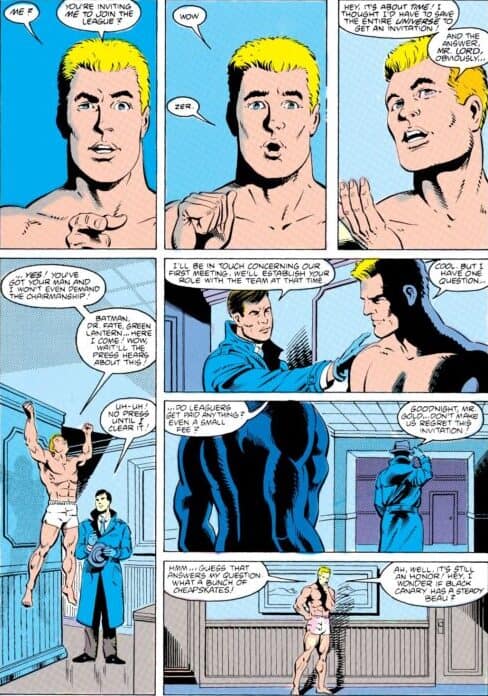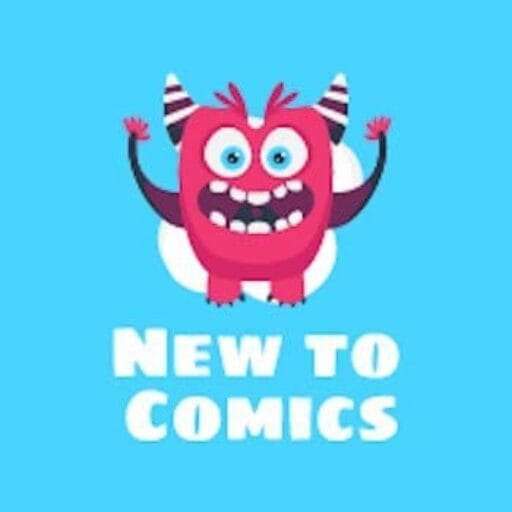***Contains Spoilers***
Booster Gold’s 1980s solo series was an interesting dive into the life of DC’s self-centered but surprisingly likable “hero of tomorrow.” Written and drawn by Dan Jurgens, the series introduces us to Michael Jon Carter, a time traveler from the 25th century who uses stolen tech and future knowledge to become a hero in the 20th century—all for fame and fortune. While it had some fun moments and a promising tone, the series ultimately left me with mixed feelings.
I didn’t know what to expect going into this series, but I quickly appreciated its unique comedic tone. Booster is self-serving but has an undeniable charm that grows on you as the series progresses. The humor is sharp, and the meta-awareness of Booster’s motivations—he’s not saving the day out of altruism but for cash and celebrity—is hilarious and refreshing for its time. One particularly funny detail is the origin of his name: a slip-up during a speech where “Booster” was meant to be “Boaster.” It’s Reagan-era absurdity at its finest.
The series also serves as a good setup for Booster’s eventual involvement with the Justice League International. His over-the-top personality and need for validation make him an excellent fit for the JLI’s humor-heavy stories.
On a more serious note, the Hawk storyline is one of the stronger issues. Watching Booster face the threat of a plague caused by Hawk’s poor judgment raised the stakes and injected some much-needed tension into the otherwise episodic structure. It showed Booster could step up when things got serious, proving there’s more to him than just fame-chasing.
Lastly, I’ll say that Secret Origins (issue #35) did an excellent job of fleshing out Booster’s backstory, though I didn’t appreciate it fully until after reading more of the series. It’s one of those origins that works better once you already have some investment in the character.

While the series has charm, like many DC books from the 1980s, it often feels surface-level. The stories are highly episodic, rarely diving deep into Booster’s personal growth or giving us much to chew on narratively. The comedic tone carries it, but the lack of overarching stakes or character development can make it feel repetitive.
Another drawback is the uneven quality of the storytelling. Some issues feel phoned in, with predictable plots or generic villains that fail to challenge Booster in interesting ways. Compared to what would follow in JLI, this series feels like a prototype—fun in concept but not fully realized.
Booster Gold’s 1980s series had moments of humor and charm, but its lack of depth kept it from being truly engaging. While it’s a decent introduction to the character, I wouldn’t revisit it, especially with better Booster stories available down the line. Still, it’s worth a read for fans curious about his early days and for the groundwork it lays for his future adventures. Two stars – I liked it, but I won’t read it again.
Feature Image Booster Gold #6 cover art by Dan Jurgens and Mike DeCarlo
Keep NewToComics.com running with a donation or shopping with through our affiliates—your support helps maintain the site and continue guiding new readers into the world of comics!


